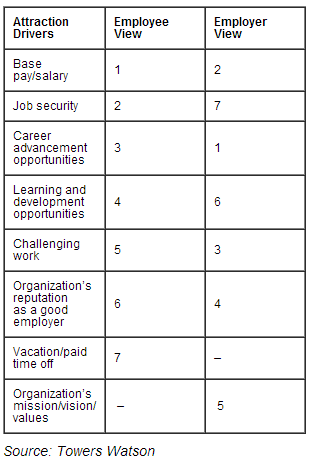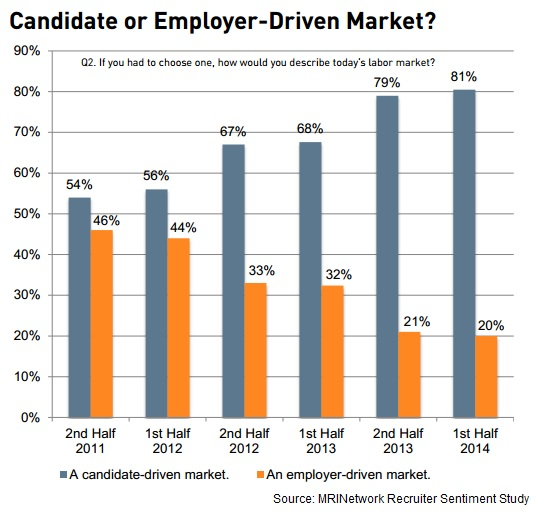There’s one thing that happens to all recruiters when the job market shifts from employer driven to candidate driven: candidates accept interviews, then don’t show or cancel at the last minute. Many times the candidates come up with the lamest excuses on why they have to cancel. Rarely, will they just come out and say, “Hey, I just don’t like you guys that much!” It’s the one thing, no matter how good of a closer you are, as a recruiter, you have to deal with almost daily in our business.
Since I’ve been in the business of recruiting for twenty years I’ve heard all the cancellation excuses. I’ve become numb to the entire process. Great HR Pros have to. While it is upsetting to have someone cancel, it’s not surprising. Our reality is we offer a potential candidate an opportunity and the best of us make it sound very enticing. Many times once the candidate comes back to earth, they realize for whatever reason, the opportunity isn’t for them. Being that most people are super conflict avoidant, they won’t just tell it to you straight, that make up little white lies that seem believable. Believable only to themselves, that is!
Here are the 5 most common “I missed my interview” excuses from candidates:
1. My Grandfather died! Really! Really. Really… In twenty years of recruiting I’ve had more candidates have someone die in their family than I believe is statistically possible, and I’m not just talking agency hires, this is corporate as well! At a point, I want to laugh out loud on the phone when they call in and say it. Not that I think death is funny, but it would be comical to them if they were sitting in my seat, knowing how many ‘death’ calls I take annually! Also, grandparents are the most common death, because it seems to make most sense. This is all a good excuse because most people believe they won’t get a call back from the recruiter because they won’t want to deal with the death issue!
2. I got into a car accident! But, I’m okay, just can’t make the interview. This one is a good short term excuse, but it still sets them up for a follow up call to reschedule. Still, it’s used a lot! Besides my staffing agency business, I also want to open up a body shop and funeral home all right next to each…
3. My kid got sick, I can’t go to the interview. Another very believable and understanding excuse, but, again, it sets them up for the reschedule. The problem with any of these types of excuses is they seem great when you’re leaving a message, but then you have to put up with a recruiter leaving thirty voice mails asking you to reschedule the email.
4. My employer needs me to travel out of state! We work in tech so we actually get this one a lot. This also comes with a built in reschedule excuse, “Can’t reschedule now, not sure how long I’m going to be, gotta go, big emergency, the data center is down!” Ugh. This one is tough to combat from a recruiter perspective.
5. I had to have emergency surgery! Another good excuse that doesn’t have to be as bad as it sounds because they’ll add in the ‘dental’ component. “I had to have an emergency root canal, can’t talk, will call you when I can.” Can also use it for ankles, knees, etc. Which gives the built in excuse of not being able to walk. Plus the added benefit of, “I probably shouldn’t change jobs right now, with insurance, with this going on…”
If, and after twenty years in recruiting that’s a huge if, I was a very trusting man, I would have a view of the world that I must be the most unlucky person ever to have all these bad things and unfortunate timings happen to me! But, since I’ve been in recruiting for twenty years, I get the game.
What’s the most used excuse you get from candidates who no-show or cancel out on interviews?



